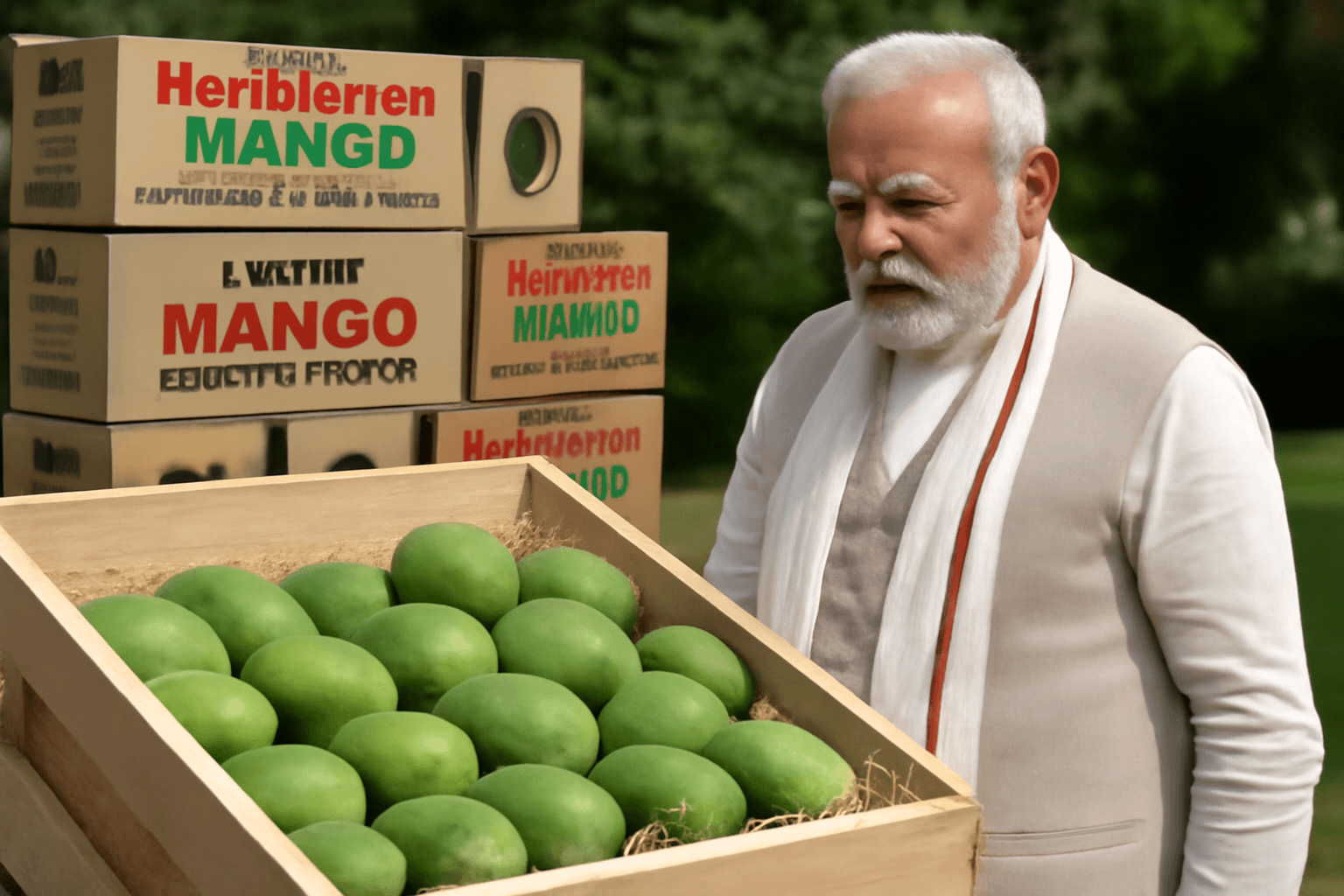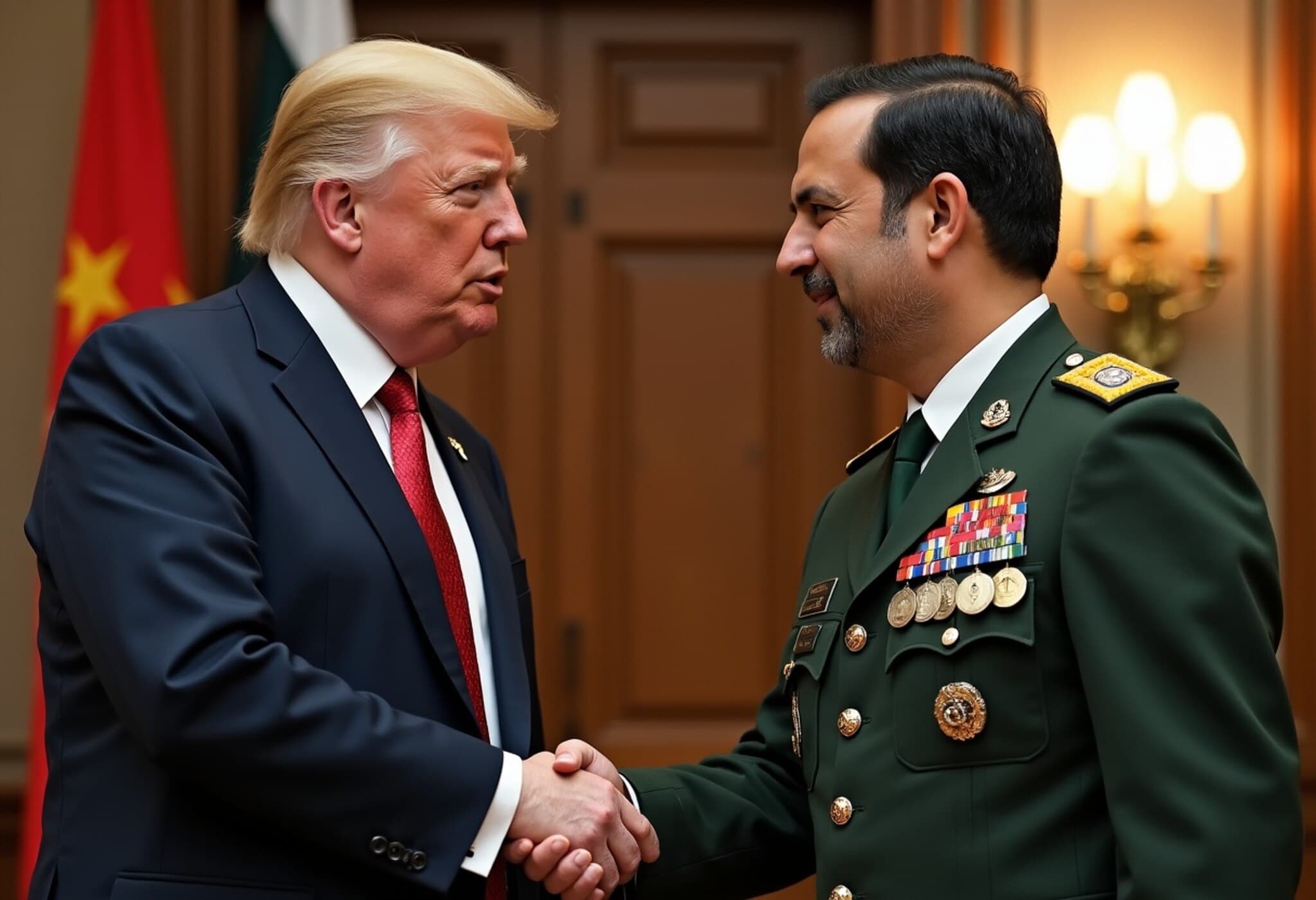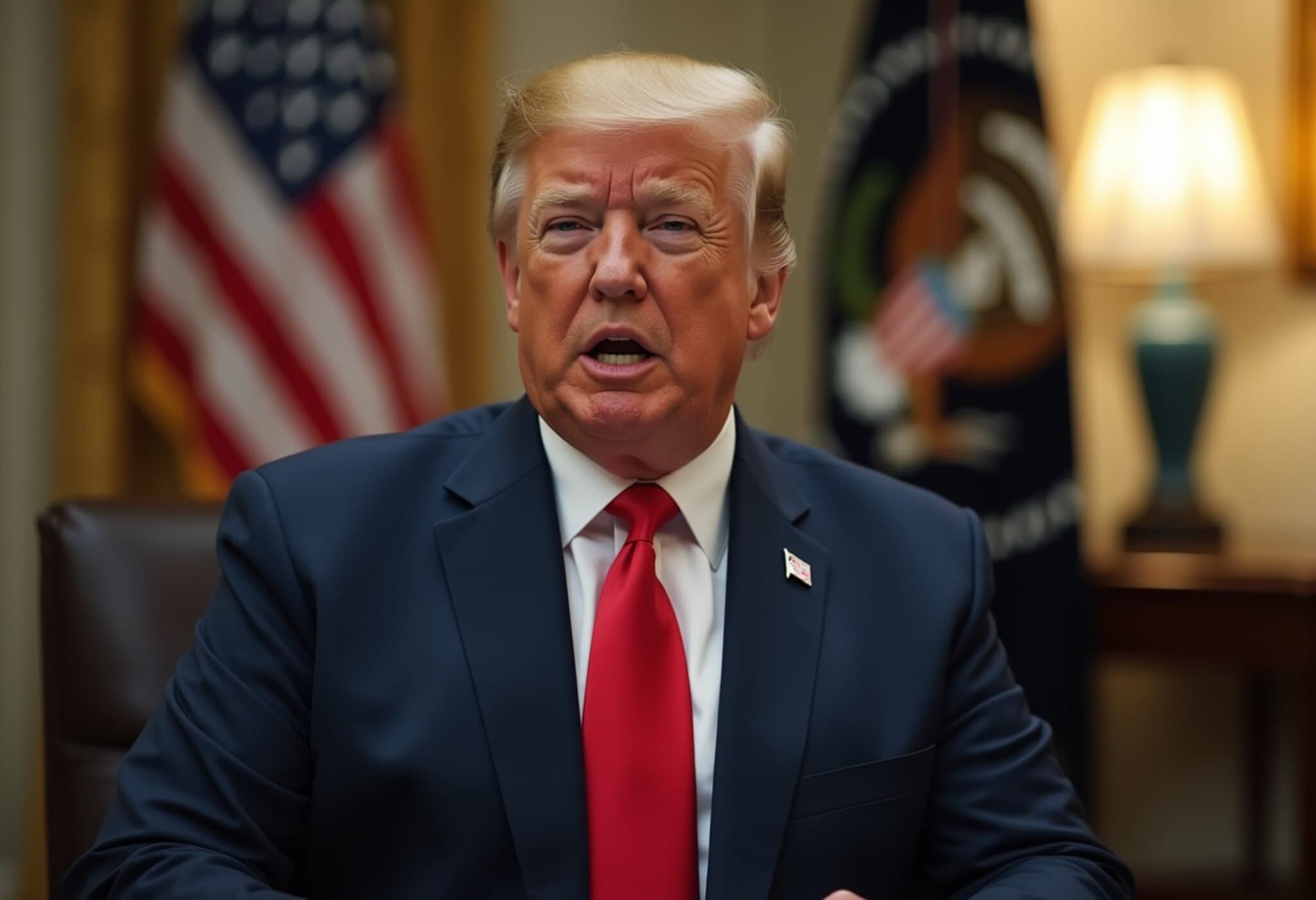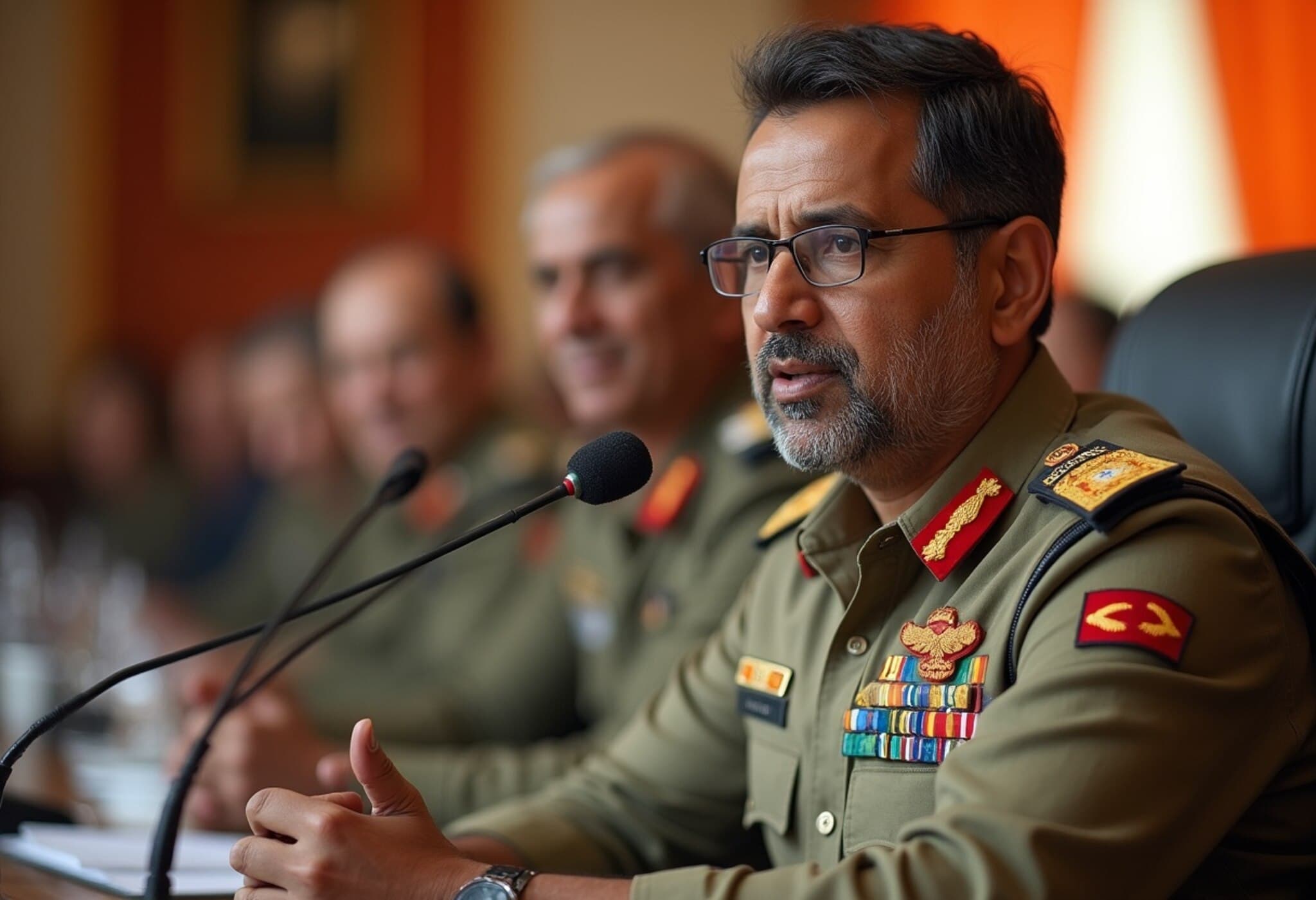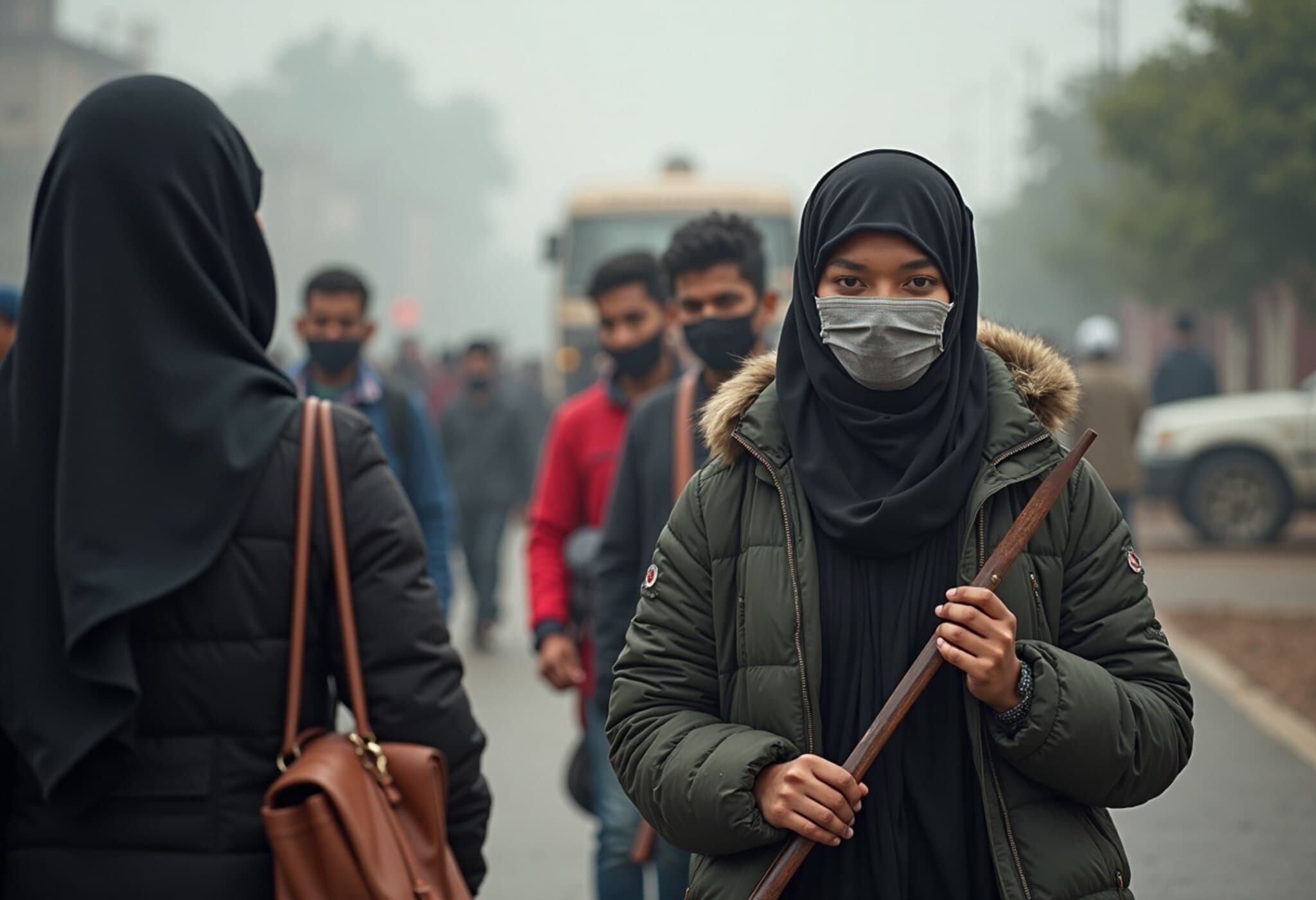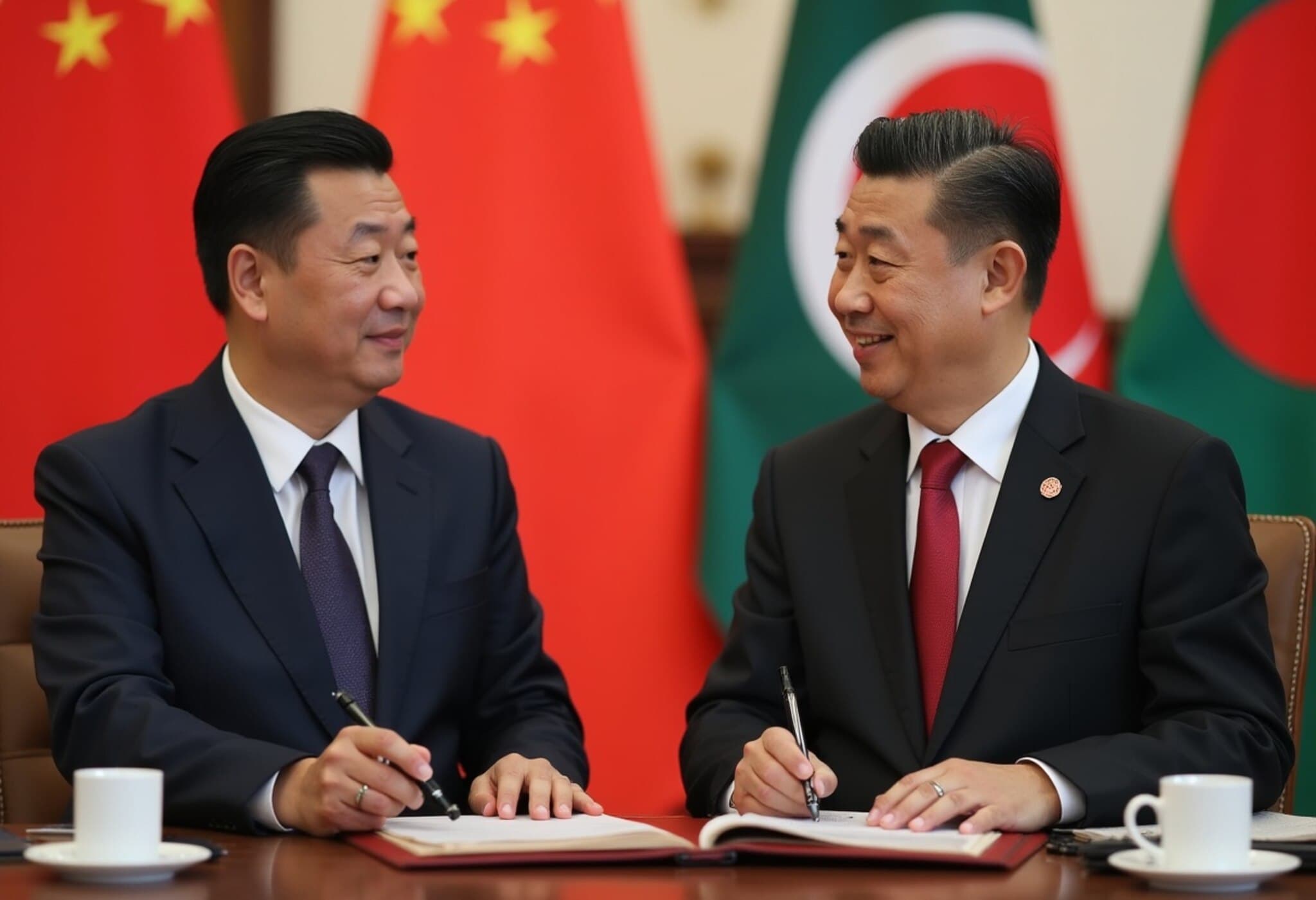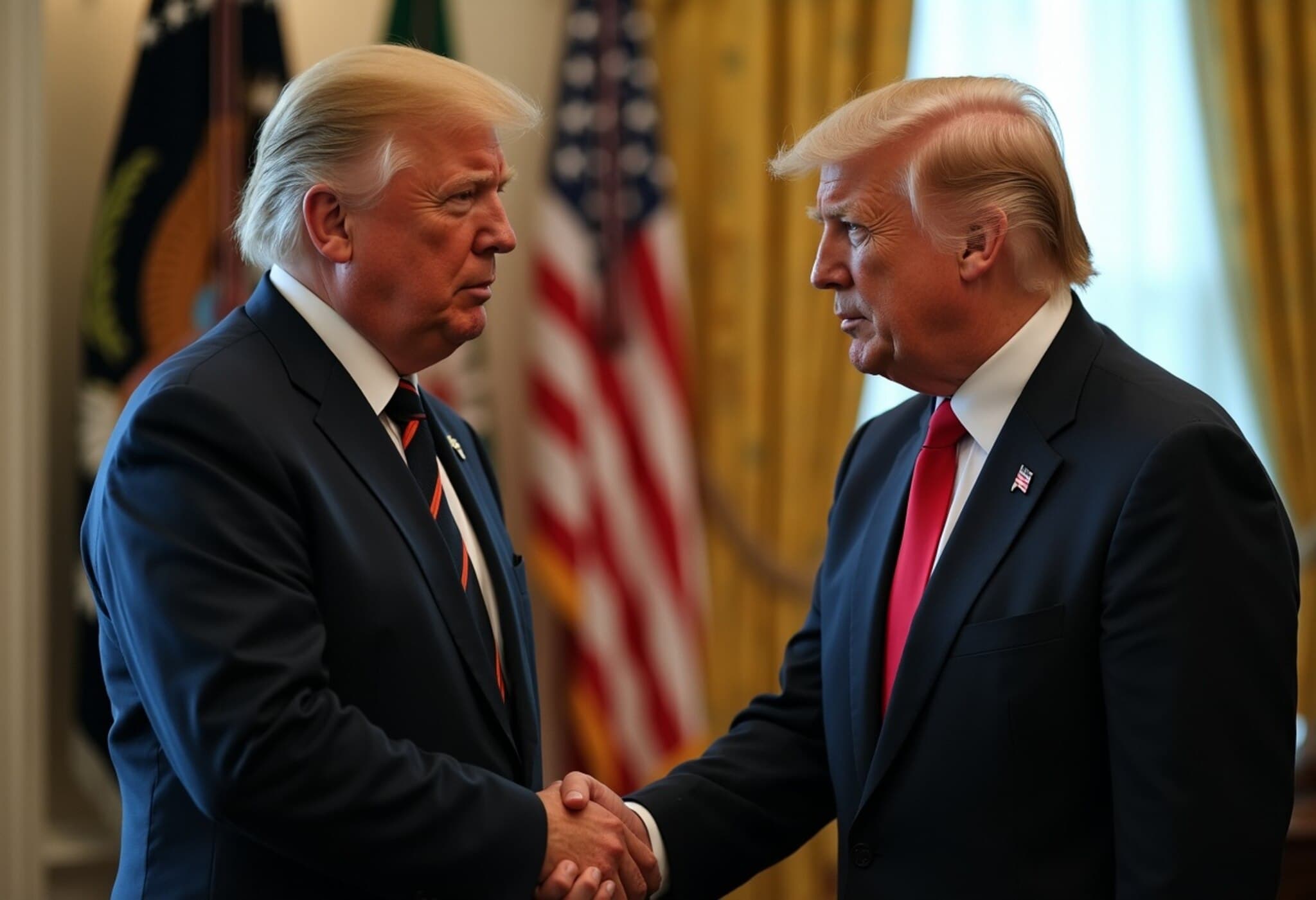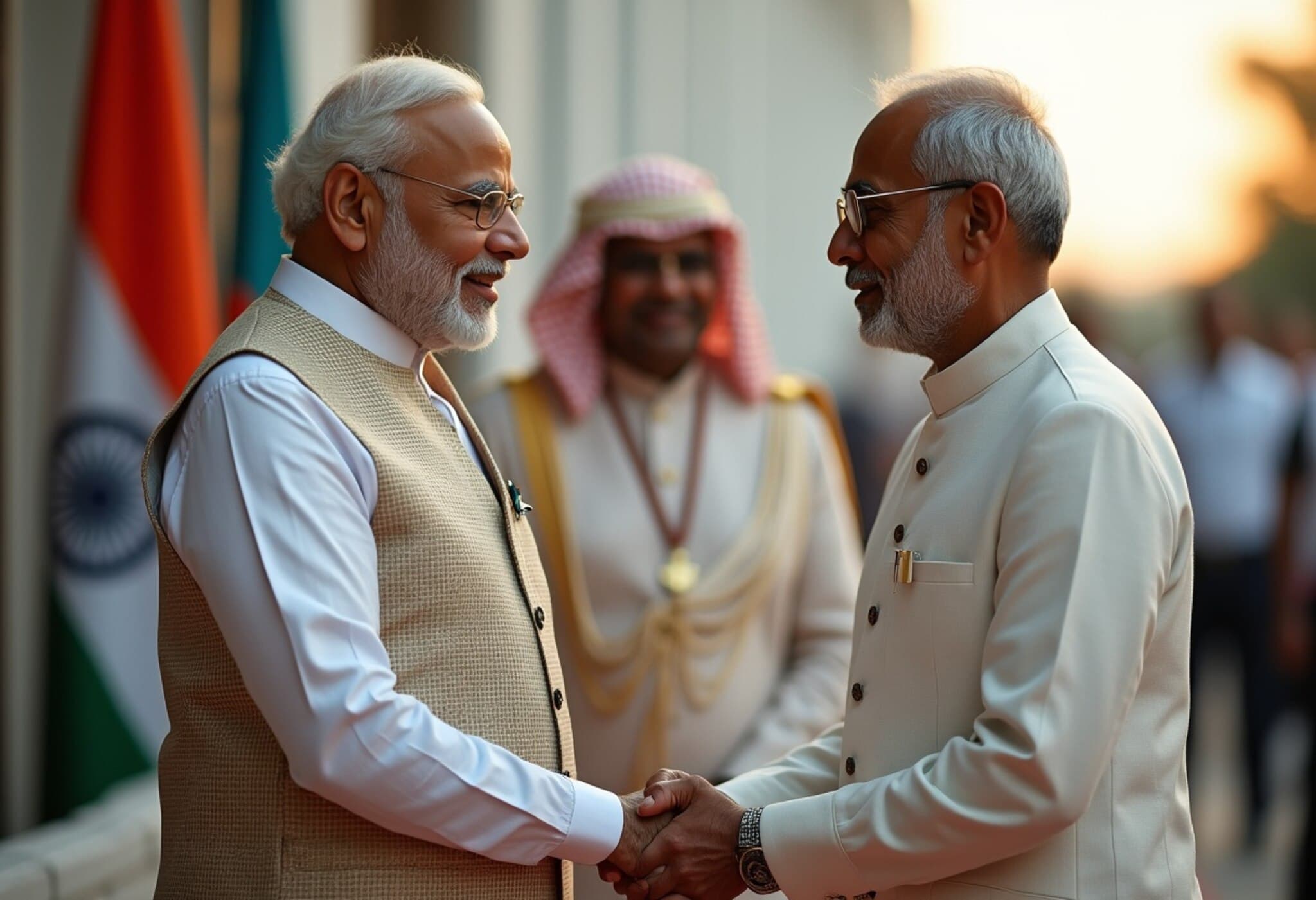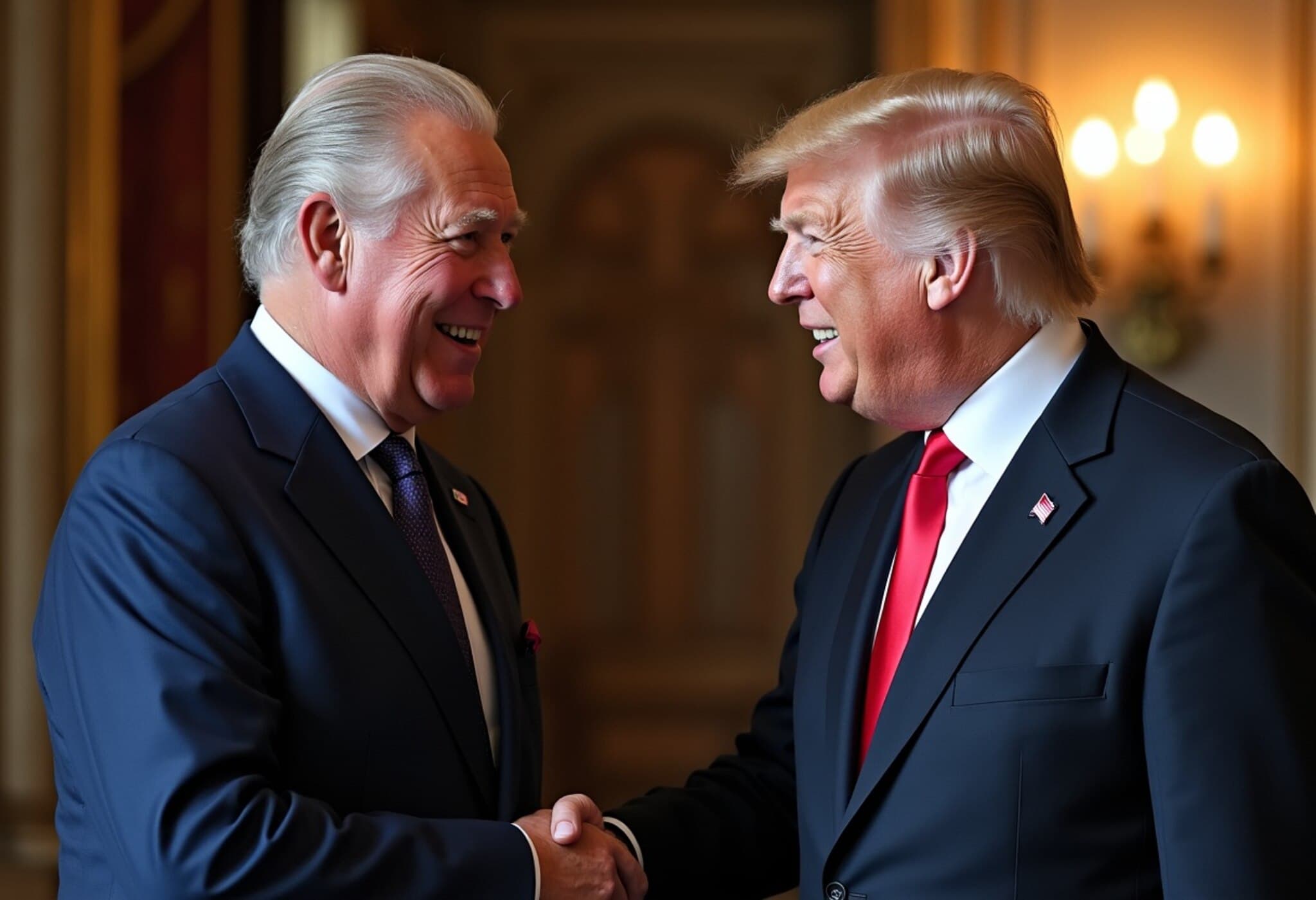Bangladesh Sends 1,000 Kg of Haribhanga Mangoes to India
In an enduring gesture of goodwill amid fluctuating diplomatic vibes, Bangladesh has dispatched a generous consignment of 1,000 kilograms of the famed Haribhanga mangoes to Indian Prime Minister Narendra Modi. This act continues the beloved tradition of "mango diplomacy" originally initiated by former Bangladeshi Prime Minister Sheikh Hasina, designed to nurture the fraternal bonds between Dhaka and New Delhi.
A Sweet Symbol Amid Stiff Political Winds
Although recent political developments have brought certain tensions following the fall of Sheikh Hasina’s government last year, Bangladesh’s ongoing gesture reflects the resilience of neighborly ties through cultural exchanges. The interim government under Chief Adviser Muhammad Yunus is keen on maintaining cordial relations despite the political undercurrents.
Regional Outreach Beyond the Capital
Alongside sending the mango consignment to the Indian Prime Minister, Dhaka has also distributed mangoes to several key border states, reinforcing regional connectivity and people-to-people diplomacy. Notably, West Bengal’s Chief Minister Mamata Banerjee and Tripura’s Chief Minister Manik Saha stand among the recipients, symbolizing Bangladesh’s commitment to grassroots-level engagement.
The Legacy and Significance of Mango Diplomacy
Bangladesh’s tradition of gifting mangoes to Indian leaders is more than ceremonial; it represents an ongoing dialogue rooted in shared culture and history. Mangoes like the Haribhanga variety hold a prized place in Bangladeshi agriculture and identity, and offering them as gifts conveys warmth, friendship, and mutual respect.
Expert Insights: A Tactical Blend of Culture and Diplomacy
From a policy analyst’s viewpoint, such cultural diplomacy plays a subtle but critical role in maintaining bilateral relations, especially when official talks face hurdles. It softens political tensions, fosters a positive atmosphere for dialogue, and reminds both nations of their intertwined histories and economies. Given the complex geopolitical landscape of South Asia, these symbolic gestures often pave the way for deeper cooperation on trade, security, and regional stability.
Why Mango Diplomacy Matters Today
- Humanizes international relations: Offers a warm, relatable connection beyond politics.
- Strengthens economic ties: Highlights the importance of trade and agricultural exchange.
- Builds goodwill amid political change: Acts as a consistent bridge when governments and policies evolve.
Looking Ahead: Can Cultural Gestures Counterbalance Political Challenges?
While mango diplomacy delights the palate and heart, substantive progress between Bangladesh and India depends on addressing core issues such as border management, water-sharing, and trade regulations. Mango consignments, therefore, should be seen as complementary strategies that keep dialogue channels open, reminding leaders and citizens of their shared future.
Editor’s Note
Bangladesh’s continued practice of sending Haribhanga mangoes to India offers a compelling case study of how cultural diplomacy can persist as a beacon of friendship despite political upheavals. As Prime Minister Modi receives this sweet token, it invites reflection on how tradition and diplomacy weave together to sustain peace and cooperation in a region marked by complexity. Are such gestures enough to soften geopolitical frictions, or do they mask deeper unresolved issues? This enduring exchange encourages us to ponder the power and limits of symbolic diplomacy in today’s interconnected world.

